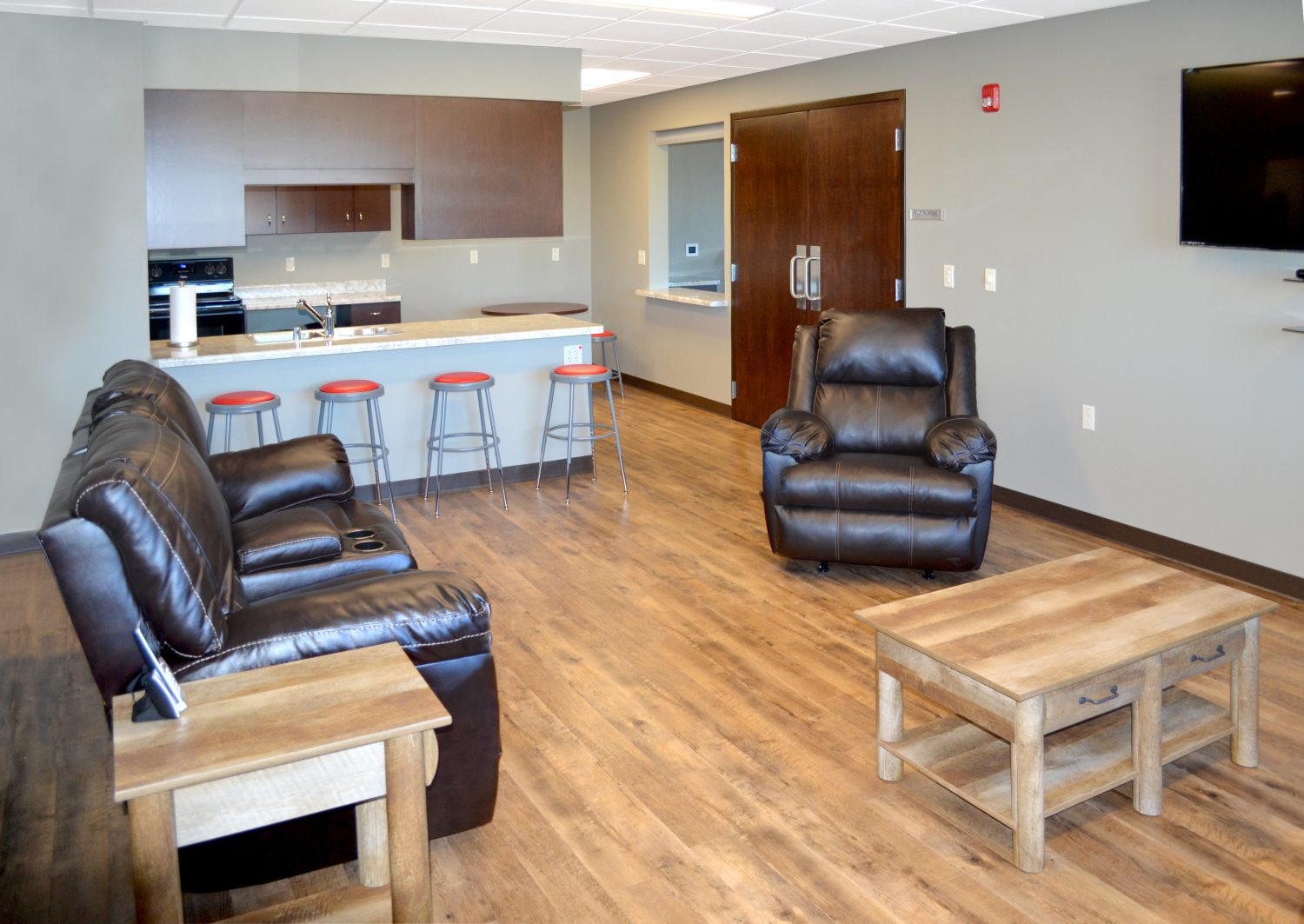
By Devin Flanigan
Construction Manager/Co-Owner at Keller Inc.
In rural areas, volunteer firefighters play a critical role in protecting their communities from the risks and dangers of fires and other emergencies. Many volunteer fire stations in rural areas, however, lack living quarters for their volunteers. While some may argue that living quarters are unnecessary, there are several compelling reasons why living quarters should be included in rural volunteer fire stations.
The first reason is response time. When a fire or other emergency occurs, every second counts. Having living quarters on site can significantly reduce response times, especially in rural areas where volunteers may live significant distances from the fire station. This can help to minimize property damage, protect lives, and improve the overall effectiveness of the fire department.
Another reason to include living quarters in rural volunteer fire stations is to improve recruitment and retention of volunteers. Living quarters can make it easier for volunteers to commit to the fire department, as they can be available to respond to emergencies at all times, rather than having to travel to the fire station from their homes.
In addition to improving response times, recruitment, and retention, including living quarters in rural volunteer fire stations can also help to improve the overall efficiency of the fire department. With volunteers on site, fire stations can quickly and easily conduct training and drills, and be prepared to respond to emergencies at a moment’s notice. This can help to ensure that the fire department is always ready to respond to emergencies, and can help to minimize the risk of accidents or other issues during emergency response operations.
There are also practical benefits to including living quarters in rural volunteer fire stations. For example, volunteers can use the living quarters to store their personal belongings, such as clothes and toiletries, and have access to kitchen and bathroom facilities. This can help to make volunteers more comfortable and better prepared for extended emergency response operations.
Finally, including living quarters in rural volunteer fire stations can help to enhance the sense of community among firefighters. Living and working together in close proximity can help to build strong bonds and foster a sense of camaraderie among volunteers. This can lead to improved teamwork, better communication, and a stronger commitment to the fire department’s mission.
Including living quarters in rural volunteer fire stations is essential for improving response times, recruitment and retention, efficiency, and overall effectiveness of the fire department. With living quarters on site, volunteers can be available to respond to emergencies at all times, be more comfortable and better prepared for extended emergency response operations, and build strong bonds with their fellow firefighters. Fire departments should prioritize including living quarters in their rural volunteer fire stations to improve the safety and protection of their communities.
